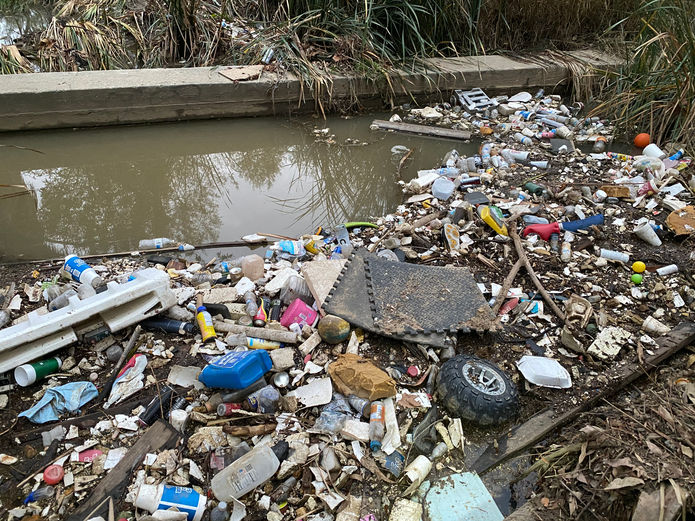Sasol Initiates Consultation Ahead of Possible Plant Closure
Sasol announced the initiation of consultations with various stakeholders ahead of a possible closure of Sasol Nitro's phosphoric acid operations in Phalaborwa.
The plant, which manufactures phosphoric acid from mainly phosphate rock and sulphur, has had varying financial success during its history in the Sasol portfolio. The plant's profitability is mainly determined by a combination of the feedstock prices of phosphate rock and sulphur, phosphoric acid sale volumes and international phosphoric acid prices.
Despite having explored a number of different options, to avoid the closure of the plant, current feedstock prices are at a level that has rendered the plant's ongoing operation unsustainable, particularly in a declining phosphoric acid market. On the back of this continued decline of global and local phosphoric acid prices, as well as increased feedstock prices, Sasol Nitro is projecting significant losses for 2009 from its Phalaborwa operations.
The possible plant closure will affect 245 Sasol Nitro employees at the plant, and another 250 service provider employees. Sasol has initiated talks with unions, local business and local government, to explore options to mitigate the impact of a potential closure. As a priority, Sasol will endeavour to redeploy employees to other Sasol operations where possible.
"We have, over many years, looked at a number of options to avoid a potential plant closure and we are deeply concerned by the potential impact on our staff and the local community," Marius Brand, MD of Sasol Nitro, said. "Unfortunately, the situation has become unsustainable and we need to consider responsible actions with our shareholders, our people and the community in mind."
In the course of the consultation process with employees, unions and other stakeholders, Sasol intends to explore the potential interest of other parties in the Phalaborwa business or the assets. Should suitable buyers not be found, the plant may be dismantled and the site rehabilitated.
The plant is designed to produce 325 000 tons of phosphoric acid of which 100 000 tons has already been mothballed due to reduced demand. Most of this product is used for the fertiliser industry. South African animal feed producers use de-fluorinated phosphoric acid produced at the plant for the production of animal feed products.
It is anticipated that consultations and negotiations with stakeholders will continue in August, September and October. If no alternative usage for the plant can be found, operations will terminate at the end of October 2009.
Most read news
Other news from the department manufacturing

Get the chemical industry in your inbox
By submitting this form you agree that LUMITOS AG will send you the newsletter(s) selected above by email. Your data will not be passed on to third parties. Your data will be stored and processed in accordance with our data protection regulations. LUMITOS may contact you by email for the purpose of advertising or market and opinion surveys. You can revoke your consent at any time without giving reasons to LUMITOS AG, Ernst-Augustin-Str. 2, 12489 Berlin, Germany or by e-mail at revoke@lumitos.com with effect for the future. In addition, each email contains a link to unsubscribe from the corresponding newsletter.





























































